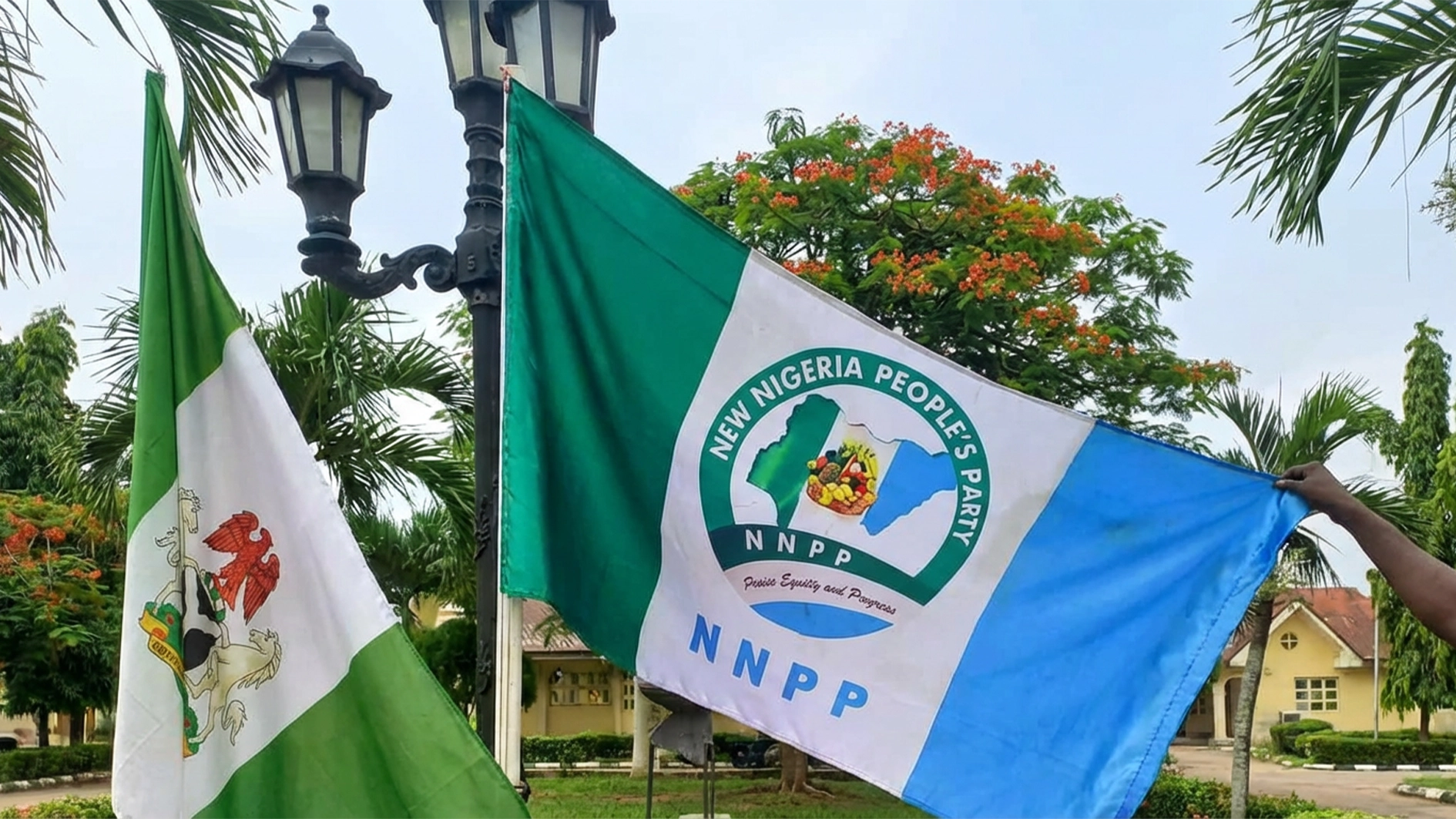The Nigeria Customs Service (NCS) has launched an automated electronic-clearance system for overtime cargo, in a move to address persistent challenges of congestion, inefficiency, bottlenecks and fraud associated with the manual clearance process across the nation’s ports and terminals.
Speaking yesterday at a sensitisation exercise on the automation of the overtime cargo clearance system for consignees, customs brokers, terminal operators and customs officers within Zone A, the Comptroller-General of Customs, Bashir Adeniyi, lamented the long history of disputes surrounding overtime or abandoned cargoes in the nation’s ports, some of which have lingered for about 15 years.
Adeniyi noted that over 50 per cent of the complaints he receives daily relate to overtime cargo, some of which are resolved internally, while others escalate to the Independent Corrupt Practices and Other Related Offences Commission (ICPC), the Economic and Financial Crimes Commission (EFCC) and even reach the Presidency.
He described the situation as a drag on trade facilitation, economic growth and the integrity of port operations, noting that these challenges underscore the urgent need to reform the system.
According to him, the new system will address long-standing challenges associated with overtime cargo, including delays, poor documentation and port congestion.
Adeniyi emphasised that the new framework is not about revenue generation but about transparency and efficiency, revealing that less than one per cent of the NCS’ N6.3 trillion revenue in 2024 came from the sale of overtime cargoes.
“Our objectives are to facilitate trade, ensure importers get their goods and create space at the ports for new consignments. We are more interested in exiting cargoes than managing them as overtime,” he said.
Adeniyi also acknowledged the persistent problems of corruption and deliberate delays by some stakeholders, warning that such practices will no longer be tolerated. He vowed to balance the rights of cargo owners with those of custodians, while closing loopholes exploited by what he described as “self-styled experts” and criminal syndicates.
Adeniyi further noted that to fast-track critical consignments, Customs has established special desks at headquarters and commands to prioritise imports linked to infrastructure, power, public health, education and diplomatic missions.
The Customs boss ordered area controllers to waive bureaucratic hurdles to prevent government and private sector projects from being stalled at the ports.
Giving an extensive overview of the system, the Chief Superintendent of Customs at the Service headquarters, A.A Abdulkadir explained that the automation was born out of the need to resolve problems caused by abandoned or unutilised cargo, which, over the years, has created space shortages in terminals and slowed down business operations at the ports.
He said the previous process of clearing overtime cargo was entirely manual, as importers or their agents were required to write letters, obtain signatures, and submit documents physically through zonal commands or the headquarters before getting clearance.






